
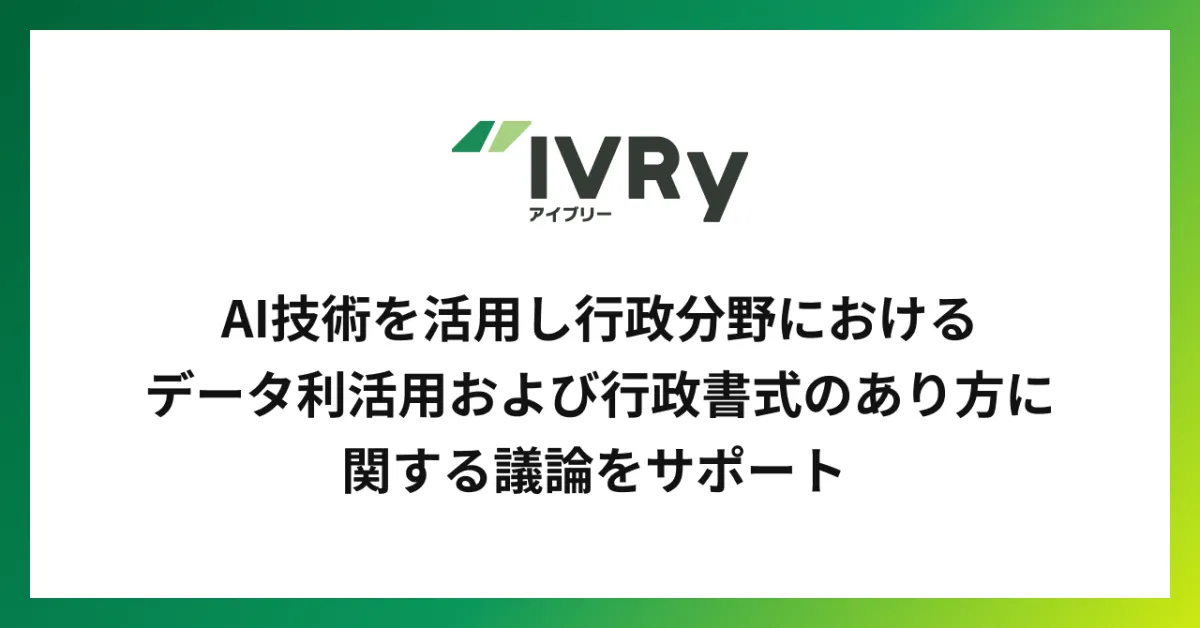
IVRy Innovates AI-OCR Technology to Optimize Government Data Utilization
IVRy: Transforming Government Data Management with AI-OCR
In an era where data is pivotal in decision-making, the need for efficient utilization of government data has never been more critical. IVRy, headquartered in Minato, Tokyo, has taken a significant step in this direction by employing advanced AI technology to redefine how governmental entities handle their vast repositories of data.
Supporting Governmental Data Utilization
IVRy provides an innovative conversational AI SaaS platform known as IVRy, which includes a cutting-edge AI-OCR (Optical Character Recognition) technology. By focusing on the extraction and effective use of data from paper formats and unconventional documents, IVRy underscores its commitment to enhancing government operations through improved data processing. Their technology has recently been recognized in a report released by the Digital Government Reform Council of the Cabinet Secretariat, further advocating for accelerated data utilization in administrative sectors.
Addressing the Challenges of Paper-Based Data
The report highlights pressing issues surrounding existing data kept in paper form and those that, despite being digitalized, remain unreadable by AI due to poor machine-readable formats. IVRy addresses these challenges by leveraging large language models (LLMs) in their AI-OCR technology. Through extensive pre-technical validation, the company has demonstrated that complex layouts and handwritten texts can be accurately and cost-effectively digitized without prior training.
This breakthrough implies a significant overhaul of how data is processed within governmental agencies, making it feasible to transform previously burdensome data entry tasks into streamlined digital operations.
Features of IVRy’s AI Technology
1. Precise Data Digitization
IVRy’s AI-OCR technology effectively deciphers documents, including various formats of applications and reports, while recognizing layout and handwriting idiosyncrasies. This accuracy eliminates reliance on manual data entry, significantly enhancing efficiency across administrative functions.
2. Enhanced Machine Readability
Going beyond basic character recognition, IVRy’s technology offers features such as automatic corrections for typographical inconsistencies and formats data for easier extraction. This capability reduces the time and resources spent on data modification and management.
3. Rapid Information Utilization
By quickly transforming dormant data into digital formats, IVRy facilitates near-real-time information analysis and streamlines AI-assisted review processes. This supports a data-driven administrative framework, enabling more responsive and effective governance.
Insights from IVRy’s CEO
Ryoha Okunishi, the CEO of IVRy, expressed optimism regarding the potential of AI to revolutionize governmental data usage. He emphasized the company's mission to bridge technological solutions with social challenges, noting that their AI-OCR advancements will convert valuable governmental data into actionable insights for improved public services and efficient governmental operations. Okunishi is committed to contributing to the effective utilization of data across public agencies, fostering a more efficient and progressive society.
The Future of IVRy’s Technology
As IVRy extends its reach, including the AI-based FAX service, the company envisions a future where AI technology can resolve broader societal challenges, such as labor shortages and customer service issues. With a current subscription base of over 30,000 accounts across various industries in Japan, IVRy aims to continuously innovate, further cultivating the productivity of its clients.
For more information about their innovative solutions, visit IVRy’s website or check out specific product details, including the IVRy AI FAX service.
Conclusion
Through its advanced AI-OCR technology and its ongoing commitment to improving data usability, IVRy positions itself at the forefront of the digital transformation in government administration. The implications of their work extend far beyond data processing, aiming to enhance overall governance, service provision, and policy-making efficacy in Japan and beyond.
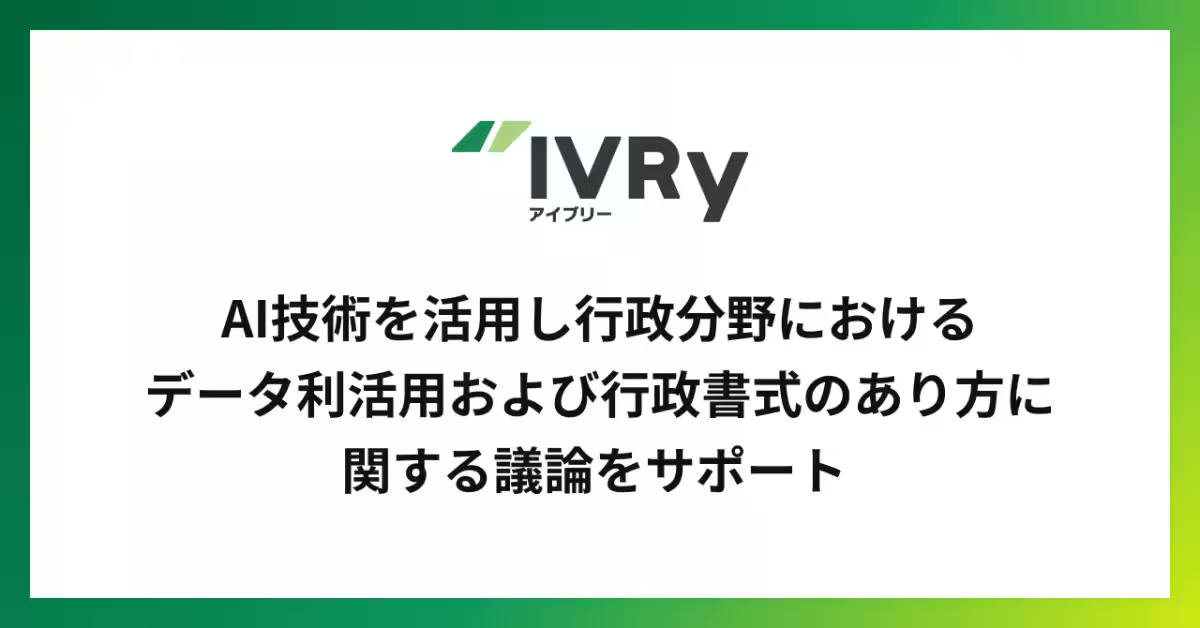
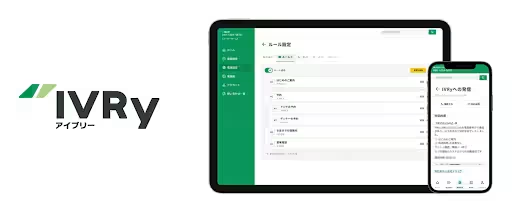
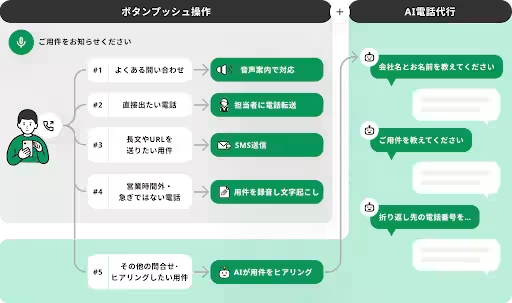
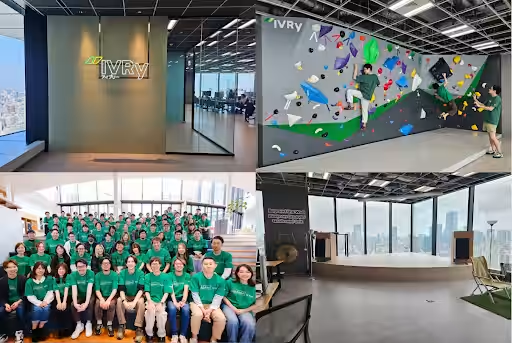

Topics Business Technology)










【About Using Articles】
You can freely use the title and article content by linking to the page where the article is posted.
※ Images cannot be used.
【About Links】
Links are free to use.